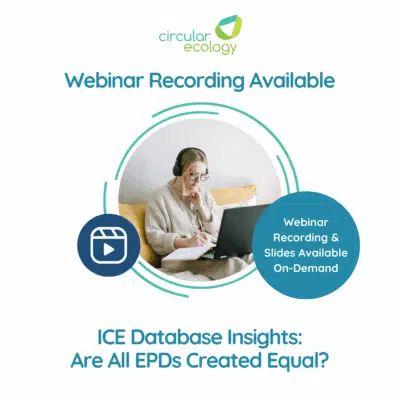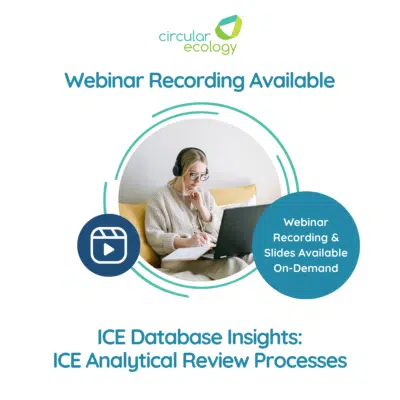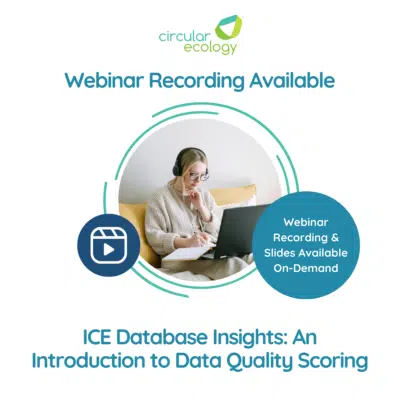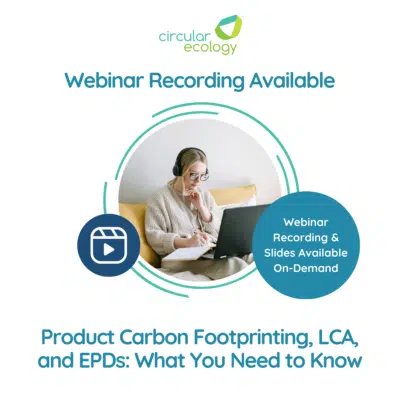From 2024, some exporters of certain carbon intensive goods into the EU may have new reporting obligations under the Carbon Border Adjustment Mechanism (CBAM). Based on the type of goods sold, UK and other non-EU businesses may be required to take additional action before the December 31st, 2024, deadline. So, what is CBAM, and what do qualifying exporters need to have in place to meet these new requirements?
Preparing for the Carbon Border Adjustment Mechanism (CBAM)
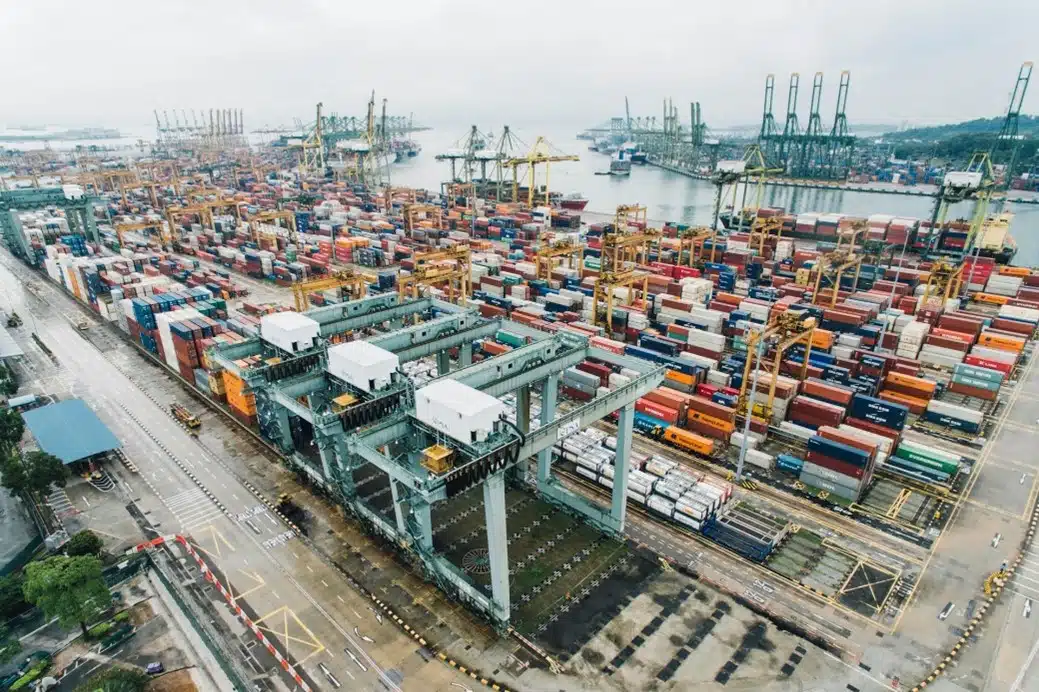
What is CBAM?
The Carbon Border Adjustment Mechanism (CBAM) was introduced by the EU in October 2023 and is in a transitional phase until 2026. Through CBAM, there are different requirements for qualifying EU importers, and exporters of goods to the EU, such as UK businesses.
The overall objective of CBAM is to place a fair price on carbon emissions, arising the production of carbon intensive goods that are entering the EU. CBAM aims to ensure that the carbon price set on imports into the EU is equivalent to the carbon price set for domestic EU production.
CBAM initially applies to imports of items that are carbon intensive and at most significant risk of carbon leakage. These are:
- Cement
- Iron
- Steel
- Aluminium
- Fertilisers
- Electricity
- Hydrogen
From 2023 – 2026, CBAM is in a transitional phase. From 2026 the definitive stage will begin. During the transitional phase, importers of in-scope goods will only have to report greenhouse gases (GHGs) embedded in their products, also known as direct and indirect emissions, without the need to buy and surrender certificates. This means exporters of in-scope goods should expect any EU clients to request the direct and indirect emissions associated with their products.
What do UK Exporters Need to do?
If you are a UK based exporter of any of the items listed by the EU, you will need to calculate the direct and indirect emissions of any qualifying products you export to the EU. Direct emissions are considered to be from the manufacture of products such as from raw material extraction and material transport. Indirect emissions are those arising from the electricity used in manufacturing the products. These are combined to calculate the embedded emissions associated with those products. All these results must be available in a CBAM Communication Report to provide to the importers.

Any existing UK Emissions Trading Scheme (ETS) reporting can be utilised for this scheme up until December 31st, 2024. After this deadline, direct and indirect embedded emissions need to be calculated and reported in line with CBAM guidelines.
Until December 31st, 2024, importers can use the default values provided by the European Commission. However, there be instances where suppliers have earlier internal deadlines which exporters will have to meet. The exporter is obligated to report the relevant emissions to importers when requested and should have the information available in the expected format for the importer. It is vital that any exporters affected by CBAM have the information ready for their importers prior to the Q1 2025 reporting date, which importers must meet.
How Can we Help with Preparing for CBAM Compliance?
Circular Ecology can work with UK exporters to calculate the required emissions of the applicable products from the relevant categories:
- Cement
- Iron
- Steel
- Aluminium
- Fertilisers
- Electricity
- Hydrogen
This process involves working with the client to map out the relevant scope and then support the collection of the required primary data to carry out the assessment. This process is similar in nature to a carbon footprint assessment.
Please use the form below if you would like to reach out to us regarding these services:
Webinar Recap: ICE Insights: Are All EPDs Created Equal?
On Thursday, 22nd May, Circular Ecology hosted the third instalment in the ICE Database Insights [...]
May
Webinar Recap: ICE Insights: ICE Analytical Review Processes
On Wednesday, April 30th, Circular Ecology hosted the second session of our ICE Database Insights [...]
Apr
Webinar Recap: ICE Insights: Data Quality Scoring
On Thursday, April 10th, Circular Ecology launched the first session of our ICE Database Insights [...]
Apr
Webinar Recap: Product Carbon Footprinting, LCA, and EPDs
On Wednesday, April 3rd, Circular Ecology delivered our fourth webinar of 2025: Product Carbon Footprinting, LCA, [...]
Apr

